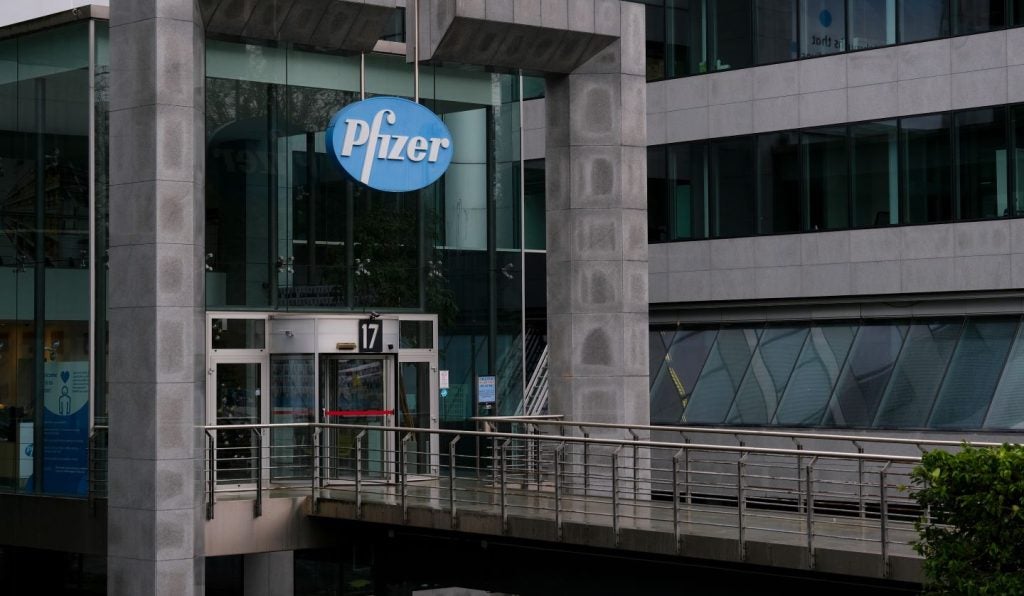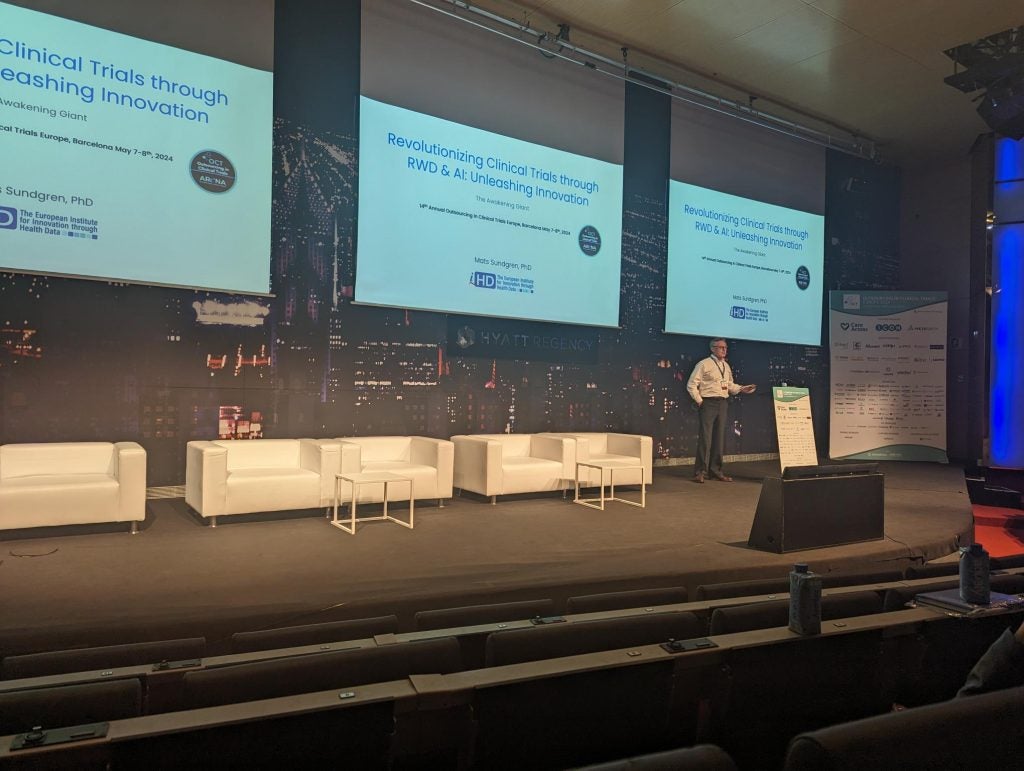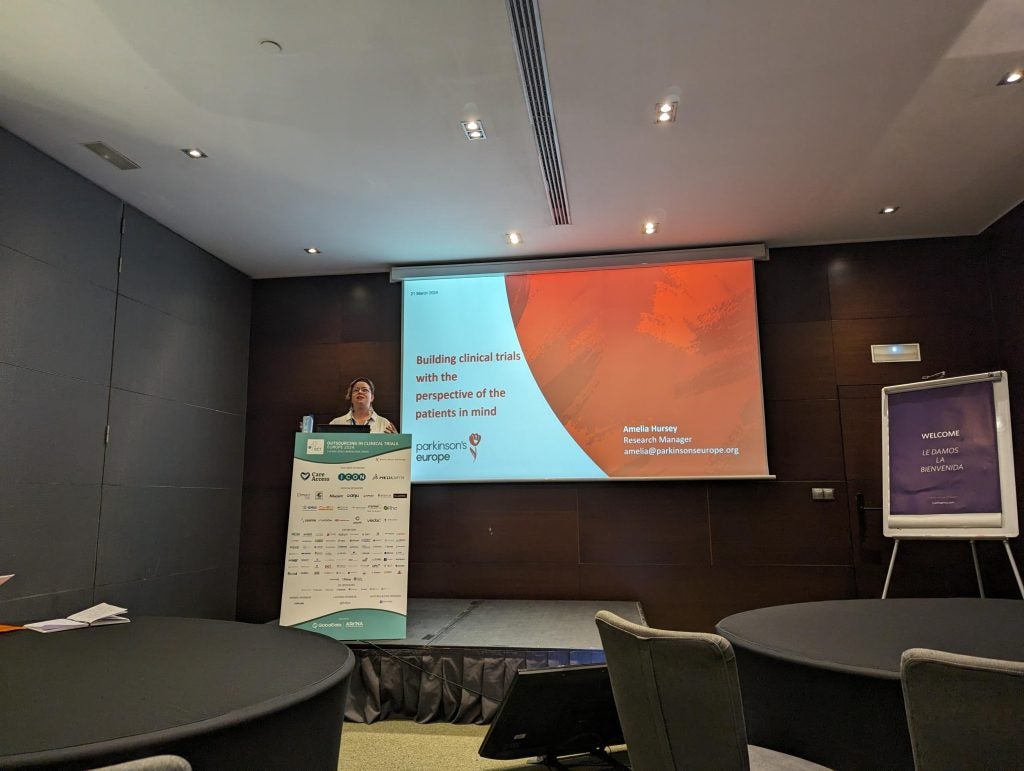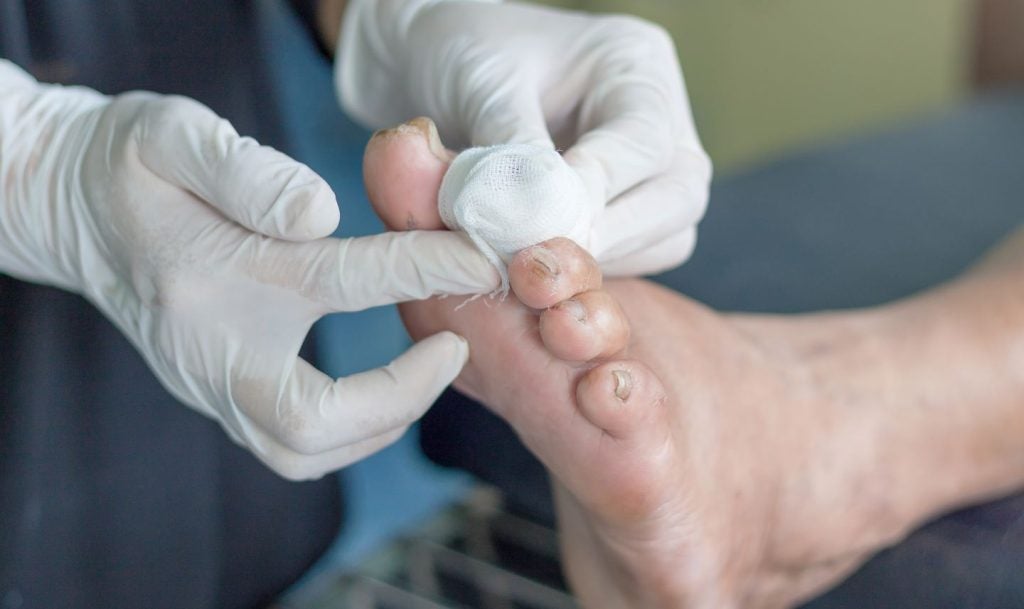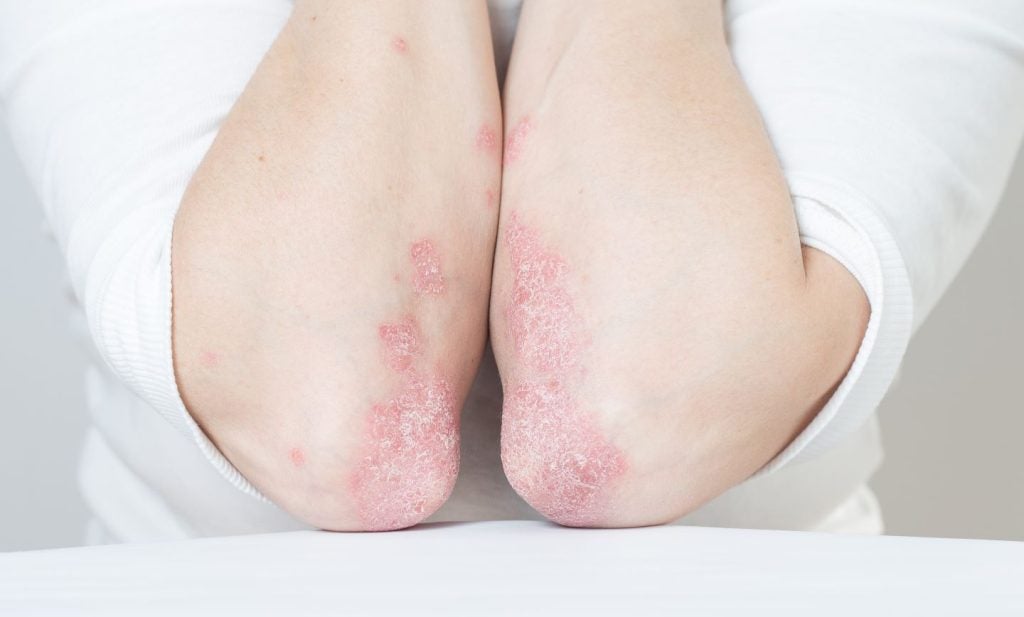Pfizer has reported the death of a patient in the Phase II DAYLIGHT study of experimental gene therapy, fordadistrogene movaparvovec, to treat Duchenne muscular dystrophy (DMD).
The trial is designed to assess the safety and dystrophin expression in young boys with DMD.
In a community letter issued by the company, Pfizer said: “We do not yet have complete information and are actively working with the trial site investigator to understand what happened.”
“The patient received the investigational gene therapy, fordadistrogene movaparvovec, in early 2023."
The company has also paused participant dosing associated with the crossover portion of its Phase III CIFFREO trial, while continuing other trial activities as scheduled.
Pfizer concluded the initial dosing of subjects in placebo-controlled, randomised crossover CIFFREO trial last year.
Both DAYLIGHT and CIFFREO trials are part of Pfizer's research into fordadistrogene movaparvovec for DMD treatment, targeting different age groups.
DAYLIGHT enrols boys aged two to less than four years, whereas CIFFREO involves boys aged four to less than eight years.
Despite the dosing pause in CIFFREO, the company clarified that this action does not extend to other ongoing trials within the fordadistrogene movaparvovec programme, as dosing in those studies has already been completed.
Pfizer is also collaborating with regulatory authorities and an independent external Data Monitoring Committee to investigate the cause of the patient's death.
The company added: “The safety and well-being of the patients in our clinical trials remains our top priority, and we are committed to sharing more information with the medical and patient community as soon as we can.
“We are also aware that many in the patient community are hopeful about the potential benefit of fordadistrogene movaparvovec for the treatment of DMD, and we will continue to collect data from our trials to evaluate its ability to address this disease.”
Earlier this month, the company reported net income of $3.11bn in the first quarter (Q1) of 2024, marking a decrease of 44% from $5.54bn posted in Q1 2023.


